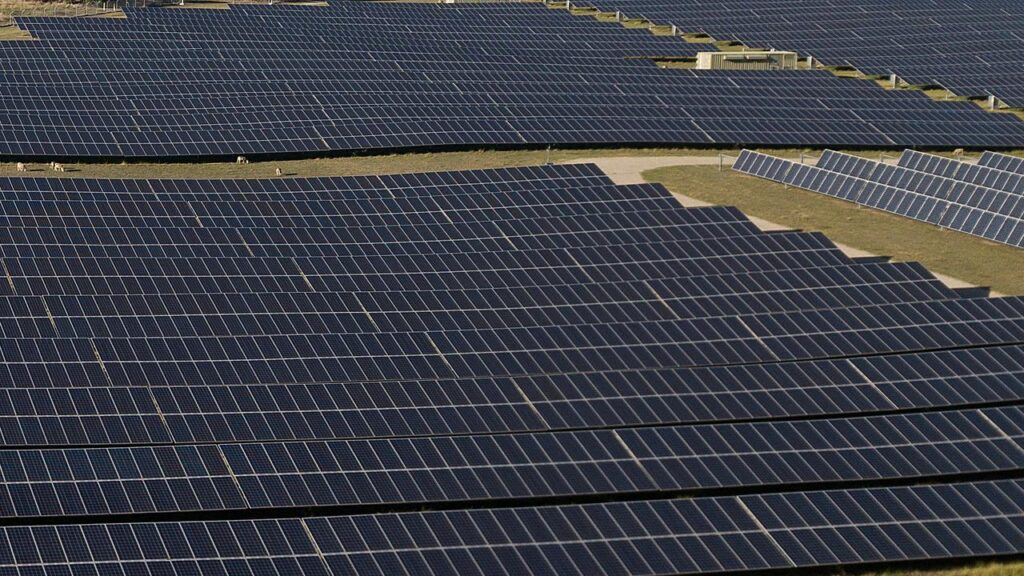Carbon price or climate failure: expert economist warns
Jennifer Dudley-Nicholson |

Australia is on track to miss its renewable electricity targets by a “big margin” and will face an energy and climate crisis within years without market reform.
Economist Ross Garnaut issued the stark warning on the first day of the Australian Clean Energy Summit, while calling for the introduction of a carbon price and related policies, including household energy subsidies and road-user taxes.
The call for action comes a day after a United Nations executive urged Australia to set an ambitious 2035 climate target and weeks before the government hosts a roundtable on economic reforms.

The nation’s environmental commitments include reducing greenhouse gases by 43 per cent and generating 82 per cent of electricity from renewable sources by 2030.
But Australia didn’t have enough renewable energy projects planned or investments announced to meet those targets, Prof Garnaut told the Sydney event on Tuesday, and it won’t come close without substantial reforms.
“Australia is currently on a trajectory to miss its renewable targets because of low investment and output in grid-scale solar and wind – not by a little but by a big margin,” he said.
“Large amounts of new grid-scale wind and solar power generation are required soon for us to meet our renewable energy targets.”
Without action Australia would face an “energy and climate policy crisis within a few years” and “severe budgetary problems”, he said.
Introducing a price on carbon could avoid that outcome, The Superpower Institute director said, as it would allow energy projects to compete on a level playing field, letting investors choose coal, gas, wind, solar or nuclear projects based on virtues rather than prices.

The measure could also add one per cent to Australia’s gross domestic product, or about $25 billion.
“(The) introduction of carbon pricing is the most economically efficient tax reform available to Australia at a time when we need budget repair,” Prof Garnaut said.
“It delivers all of the economic advantages claimed for … an increase in GST by its advocates with the additional advantage of increasing the efficiency of markets.”
Policies to offset its cost on consumers could mirror those used in Europe, including a payment for higher energy prices and road-user and congestion charges for transport, he said.
The proposed charge would replace fuel excise and see drivers taxed based on their vehicles’ carbon emissions and their use of roads.
Federal Treasurer Jim Chalmers has previously flagged the introduction of a road-user charge as a necessary tax reform, although he hasn’t committed to a date for its introduction.
Potential tax reforms are expected to be discussed at the government’s Economic Reform Roundtable in August called to address productivity concerns.
More than 160 climate experts will speak at the Australian Clean Energy Summit over the next two days, including NSW Energy Minister Penny Sharpe and Climate Change Authority chair Matt Kean.
AAP